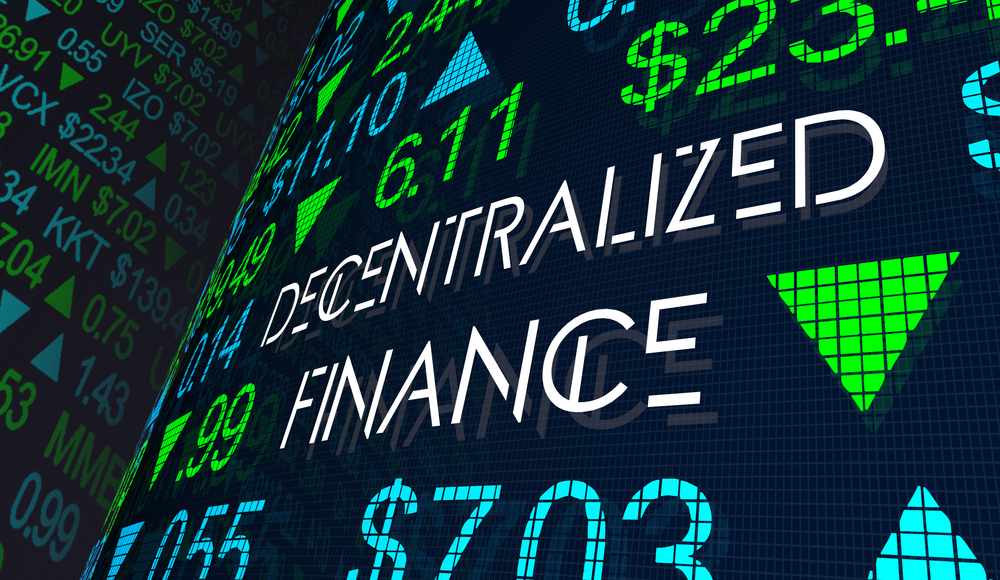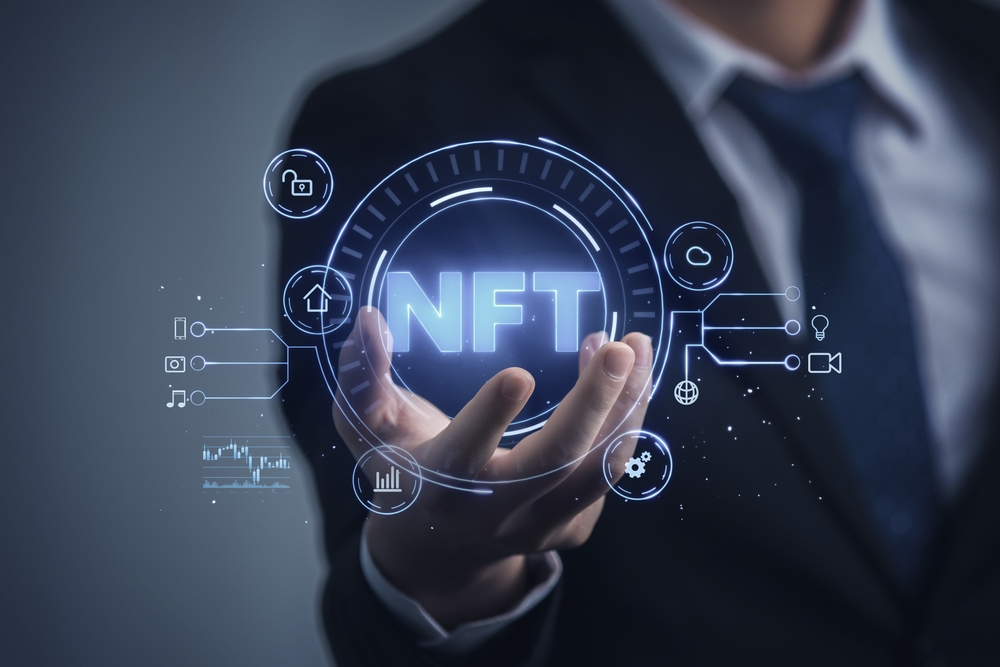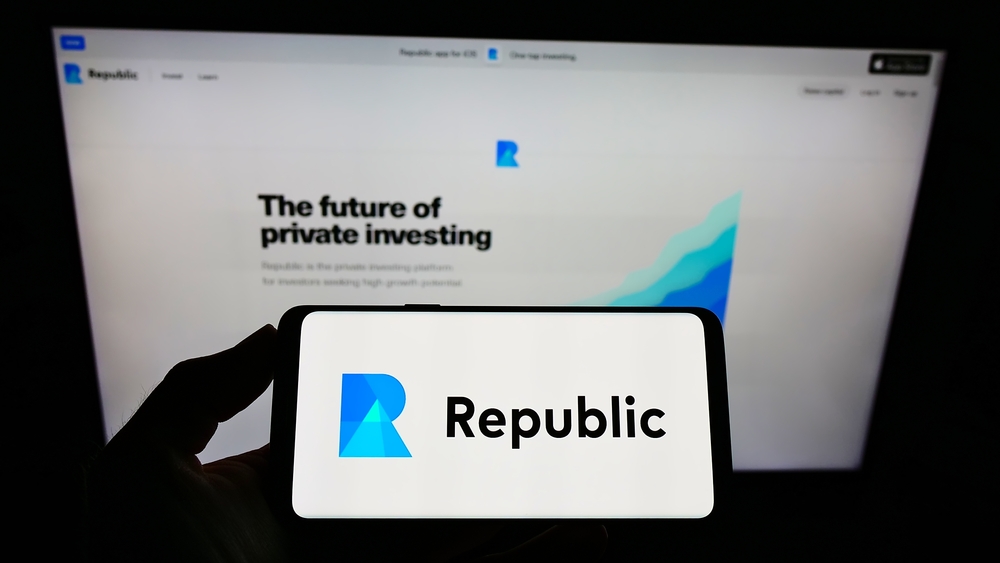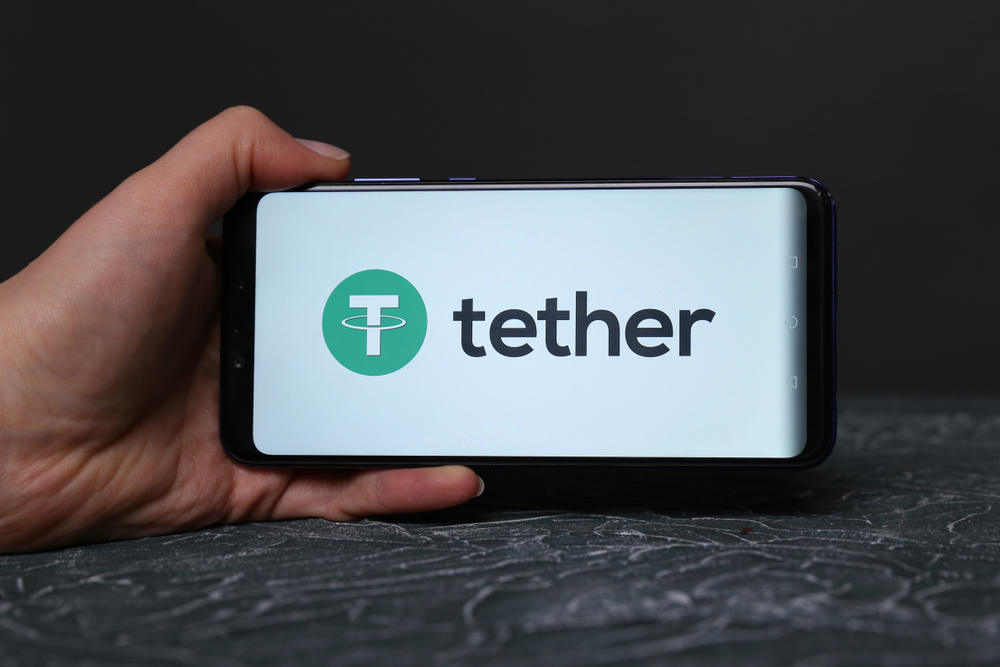A Lawyer Beginner’s Guide to Cryptocurrency Exchange
A cryptocurrency exchange is a platform that enables users to trade various currency and cryptocurrency types.
A crypto exchange has a similar interface to a bank or investment firm, but it differs in some notable ways. The exchange acts as a central platform that connects buyers and sellers of various cryptocurrencies. Its primary value is that it offers 24/7 nearly-instant liquidity for many cryptocurrency asset pairs.

Popular exchanges like Coinbase and Gemini hold onto billions of dollars of cryptocurrency, some of which is owned directly by the company, and some is owned by users utilizing the exchange’s cryptocurrency wallet.
There are a few notable distinctions within the cryptocurrency exchange realm, each of which we’ll get into in detail.
- Is the cryptocurrency exchange centralized, or is it completely decentralized?
- Is the exchange custodial or non-custodial?
Here’s what any lawyer, and frankly anyone interacting with the financial world, should know about why selecting the right cryptocurrency exchange makes all the difference.
Is the cryptocurrency exchange centralized, or is it completely decentralized?
As you may have learned reading The Legal Examiner’s The Blockchain: A Guide for Lawyers series, cryptocurrency like Bitcoin is completely decentralized.
This means that there is no central company or entity that is responsible for Bitcoin– there isn’t a fancy San Francisco tech startup office, nor is there a 1-800 number you can dial if things go haywire.
This is in contrast to a centralized exchange, which is a formally established entity that must adhere to guidelines and regulations. Of course, there are rogue centralized exchanges that don’t meet the “formally established” definition, per se, but the point remains valid.
A centralized exchange, such as Coinbase or many of its direct alternatives, has chiseled its value proposition of making cryptocurrency much more approachable for the average person.
Rather than two individuals having to agree to send each other different currencies (i.e., BTC for ETH), a centralized exchange handles the transaction and takes a small cut. This fee, often called a maker-taker fee, gives the centralized exchange (or liquidity provider, as we’ll learn below) an incentive to participate in the market. Makers are the market makers that create the two-sided markets (the exchange), and the takers are those trading at the prices set by the market makers.
If you’re curious about how much money an exchange like Coinbase can make from these relatively small fees, check out its S-1 Statement it released before going public in 2021.
Now, imagine taking the centralized exchange out of the equation. With no intermediary, the parties transacting would be responsible for setting the prices they’re willing to trade the assets at and to trust the other party will send its fair share of the deal.
As you can imagine, without structure, this is an incredibly inefficient and untrustworthy way to trade digital assets at scale.
That’s where decentralized exchanges (DEX) come into play.
A DEX is basically a decentralized platform that allows users to trade directly and instantly through pre-programmed contracts. The DEX routes the order and doesn’t complete it until both parties sign off on the transaction, and the blockchain validates the whole ordeal.
Companies like ShapeShift and MetaMask make it possible for users to instantly trade their funds with each other without ever giving an intermediary custody of their assets.
How do DEXes make money? They sometimes charge fees (not to be confused with the actual blockchain network fees, which exist anytime any transaction is made, centralized or not), which can be distributed to tokenholders of that exchange’s token.
The DEX model gets a bit hairy, but it’s a fascinating journey to learn about it, especially because it serves as a portal into the world of Decentralized Finance (DeFi).
Is the exchange custodial or non-custodial?
As the prior section alluded to, centralized exchanges (CEXes) are different from decentralized exchanges (DEXes) in that they take custody of user assets, whereas DEXes do not.
To be more technically accurate, the CEXes hold onto your private keys, as no actual “coins” or “tokens” exist in a vault somewhere. A DEX allows you to trade while never requiring you to reveal your private key to the DEX or the receiving party.
Custodial exchanges pose a significant risk. For one, if the exchange were to be hacked or revealed as an elusive scam, your private keys are at risk.
The hacking of Mt. Gox, a popular early exchange, posed an existential threat to the nascent Bitcoin. In February 2014, hackers stole a whopping 840,000 bitcoin from Mt. Gox customers and the company itself, with only 100,000 belonging to the company– which equals about $33.6 billion today.
Other notable centralized exchange hacks and mishaps include Bithumb ($30 Million), Coinrail ($37.2 Million), BitGrail ($195 Million), Coincheck ($534 Million)– with each value set in the time period it was hacked.
While today’s exchanges have hopefully learned from the mistakes of those in the past, the threat still exists. These exchanges use a combination of hot and cold storage to ensure a Mt.Gox level catastrophe doesn’t happen again.
If you’re using a DEX, the biggest threat to your funds is…well, you. Since you retain custody of your assets at all times, you’re the primary potential point of failure. If you lose your device and are unable to recover your account, or if someone directly targets your wallet, you can lose your funds indefinitely.
However, these events can be avoided almost entirely with proper digital security hygiene.
Final Thoughts: How to Pick the Right Crypto Exchange for You
Your cryptocurrency exchange selection ultimately comes down to convenience, granted you’re choosing from a handful of vetted and reputable companies.
If you fall into the absolute cryptocurrency beginner archetype, it’s worth making a Coinbase account and checking out the beginner-friendly platform. It’s missing much of the advanced trading functionality, but it accomplishes what you’re after: buying your first bitcoin, ether, or other cryptocurrency.
Coinbase Learn also has a few options for you to learn about certain cryptocurrency projects and earn a small amount of their tokens.
If you do choose to buy cryptocurrency on Coinbase, you’ll likely soon outgrow the comparatively steep fees– they’re nothing to lose sleep over, but they do add up, and there are cheaper options.
The good news is that you don’t need to leave the Coinbase ecosystem to escape the high fees. Coinbase Pro is the “Pro” version of Coinbase and is owned by the same company. Not only does it have much lower fees across the board, but it also has many more asset pairs and the ability to deposit and buy crypto directly with USD.
Other Coinbase alternatives include: Gemini, Kraken, and BlockFi.
However, every option listed above is a custodial platform, meaning it takes custody of your private keys in its own cryptocurrency wallet. This removes (albeit relinquishes) the responsibility of maintaining your private keys, which makes it much easier for a beginner in the ecosystem.
For those aligned with the “Be Your Own Bank” ethos of cryptocurrency, you may want to consider a non-custodial exchange platform, such as ShapeShift, MyEtherWallet, or Metamask. You still maintain custody of your private keys but can trade for other assets, likely paying much lower fees than on a centralized exchange.
Non-custodial platforms also tend to make it easier to interface with the Decentralized Finance (DeFi) world. However, if you’re just starting out, we don’t recommend jumping into here just yet!





















